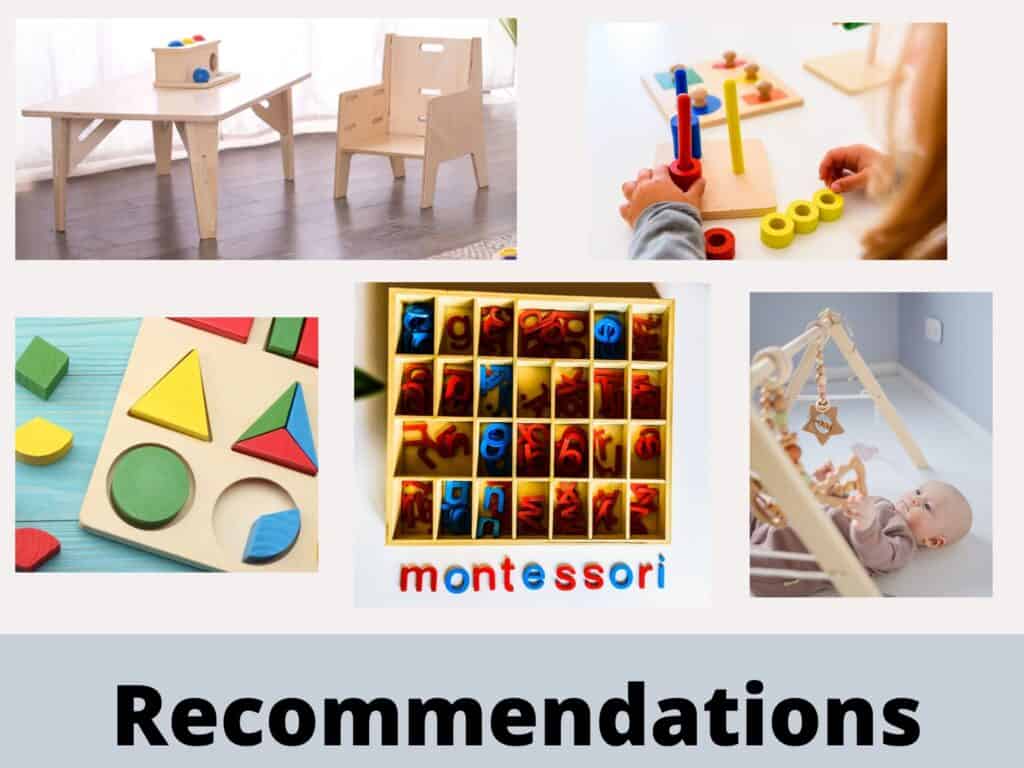You’ve heard about gentle parenting and it may seem like all you hear is what not to do- no spanking, no time-outs, no yelling, and so on. So what do you do to practice gentle parenting? As seasoned gentle parents, we’re here to let you know that it may be easier- and more difficult- than it seems.
You can start gentle parenting by working on regulating your own emotions- identify your feelings and triggers, learn coping strategies, and empathize with your child’s emotions as well. Practice effective communication with your child and learn how to stay calm in the face of chaos. Once you learn to hold boundaries without using fear-based punishment, then you are a gentle parent.
This is easier said than done. But we’ve outlined the specifics of the parenting habits you should practice, the habits you should drop, and ways you can connect with your child even during challenging times.

What is Gentle Parenting?
Gentle parenting is a child-rearing method that focuses on responding respectfully, mindfully, empathetically, and firmly to your child’s behavior. Rather than reacting to behavior with rote punishment, gentle parenting encourages parents to explore the emotional motivation behind their misbehavior and to teach kids how to cope with their feelings to improve behavior in the future.
Gentle parents use discipline, but not punishment to teach children appropriate behavior. Parents must set and uphold boundaries with their children but should avoid traditional punishment methods such as time-outs, spanking, or withholding needs. Gentle parenting focuses on creating an open line of communication with your child and teaching them better ways to act and how to cope with strong emotions.
What Does Gentle Parenting Look Like?
Gentle parenting often looks like a parent calmly leveling with a child and communicating to solve a problem together. One excellent strategy gentle parents use to correct misbehavior is implementing “time ins”.
A time in is different from a time out because the parent stays with the child during a time in and, once the child calms down, communicates with him or her about the situation that triggered the unacceptable behavior. A gentle parent should try to empathize with the child’s feelings, clearly denounce the misbehavior and explain why it is wrong, then offer better ways to respond to similar situations in the future.
Strategies for time ins will vary depending on the child’s age. For example, toddlers will need more help identifying and coping with their emotions whereas older children can participate more in discussions with the parent about the emotional motivation behind the misbehavior and better ways to handle such situations.
But gentle parenting shouldn’t just be about disciplining misbehaving children; it’s important to applaud your child’s good behavior too. Offer your children sincere, specific praise when you catch them behaving well. This could be as simple as saying, “You were so patient waiting in line for the slide at the playground today! I know waiting is hard but you did it so well.” Specific praise like this lets a child know exactly what behaviors you are proud of and why it is important to you.
Avoid compliments on appearance or compliments that focus on results rather than on effort. For example, if your child paints a picture for you, avoid saying “Good job! It’s so pretty! You’re such a talented artist!” Although praise like this is nice, it focuses on superficial appearances and teaches kids that their worth is based on their personal talents rather than on their efforts to learn and succeed.
A more helpful compliment would be, “Wow! I love your use of color in this painting! You really worked hard to paint this rainbow!” This is a more helpful compliment to a developing child because this specific praise shows that you’re paying attention to your child’s work. It also praises the effort a child puts in to completing something. This will inspire them to work hard on future projects too, rather than just on things in which they believe they are naturally talented.
Is it Too Late to Start Gentle Parenting?
It is never too late! You can begin gentle parenting with your child at any age. Older children may take longer to respond to your new methods because the shift may be disorienting if your kids are used to harsher punishment. But as long as you are loving, firm, and consistent, you should see a shift in your child’s behavior before long.
Conversely, it’s never too early to begin gentle parenting, either. Although toddlers do not have the same impulse control abilities or communication skills as older children, they respond far better to calm, empathetic parenting than punishment that ignores their need for emotional support. Toddlers need extra help managing their feelings and the earlier you begin responding to their emotional needs, the sooner and better they’ll be able to self-regulate.
What’s Wrong with Traditional Parenting Methods?
Traditional parenting methods often focus on punishment and obedience rather than teaching children appropriate behavior, emotional regulation, and empathy. For example, corporal punishment sends mixed messages to toddlers on whether or not hitting is okay and timeouts teach children they will be shut out if they are disobedient. Blind obedience should not be a parent’s goal for their children. Purely “obedient” children often grow up to be people pleasers or may develop self-esteem issues, issues with authority, or difficulty making decisions for themselves. Children who are parented with respect, empathy, and communication are more likely to grow into secure, confident, kind-hearted adults.
Remember, children are new to the world and need guidance during their episodes of misbehavior, not rote punishment. Don’t use your child’s misbehavior as a reason to force them into submission. Instead, view it as a learning opportunity for your child.
Where Can I Learn More About Gentle Parenting?
To learn more about disciplining in gentle parenting, click here.
To learn more about time ins and their benefits, click here.







